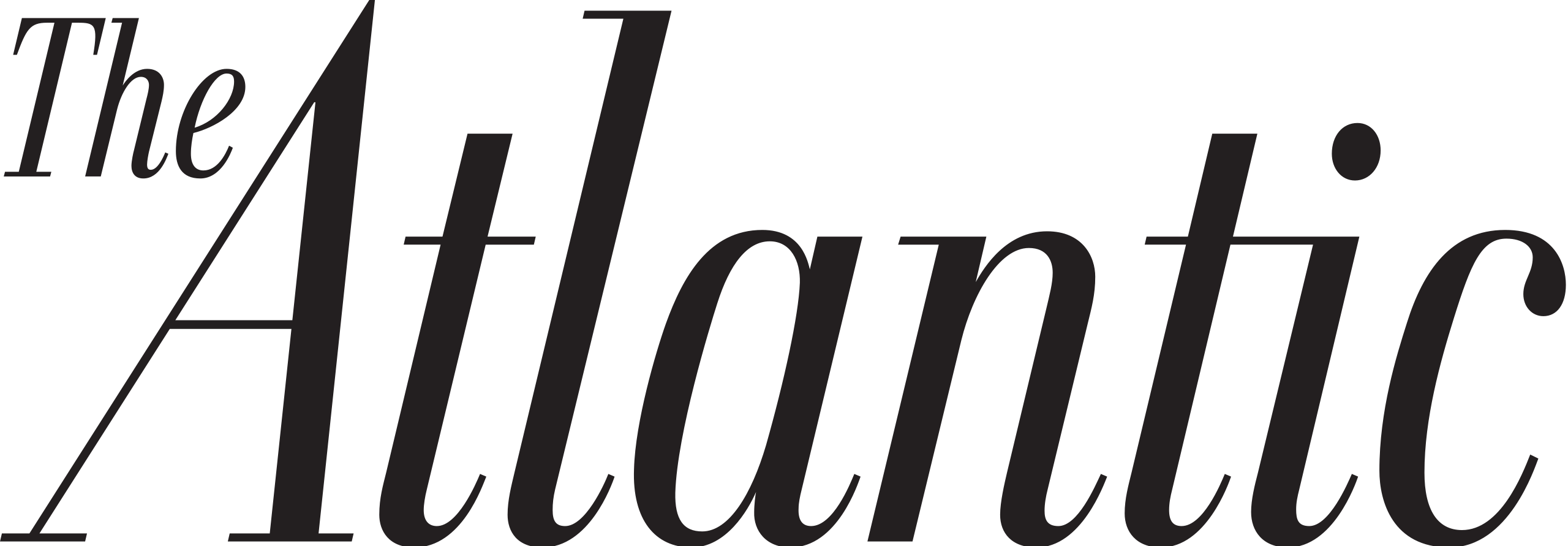Home Research People Publications Media Contact
"'[Advanced meditation] is really powerful' says Matthew Sacchet, the director of the Meditation Research Program at Harvard Medical School. [...] Last fall, [Sacchet] published detailed brain-imaging data from a meditator entering the jhana states, with the help of an MRI machine. A fuller understanding of these brain states could have 'incredible potential for humanity,' he says, so long as the science is done with rigor. 'I worry about a ‘move fast, break things’ approach when it comes to the mind and these deep states of consciousness.'"
The Atlantic, March 2024
"One misconception is that meditation is limited to supporting stress reduction and work productivity. This is only the tip of the iceberg. Meditation is so much more than that. My intention with developing advanced meditation research is to help correct this misconception"
Forbes, December 2023
"Our Meditation Research Program is unique in its focus on what we call advanced meditation. [...] these [states and stages of meditation] include experiences of deep peace, bliss, and contentment, vivid insights into consciousness including those related to a sense of self, and states of profound compassion that may motivate prosociality, altruism, and generosity. [...] Our unofficial lab motto is to 'bring advanced meditation out of the monastery and into the mainstream'. My hope is that our program’s research will help raise awareness around the incredible possibilities of meditation training and to help more people realize that they themselves can experience these incredible outcomes. Ultimately, I hope that this work contributes to shifting our society away from selfishness, hate, and ignorance, and toward generosity, compassion, and wisdom."
Mass General Research Institute, December 2023
"Sacchet is part of a recent turn in meditation research that is putting the fuller, stranger range of meditative experiences under the scrutiny of laboratory conditions. [...] 'Ultimately, our mission is to understand advanced meditation to scale advanced meditation, and we believe that this will have profound impact on individual well-being and the collective health of society,' said Sacchet. [...] Sacchet is expanding the Meditation Research Program into a larger operation — the Center for the Science of Meditation — that aims to conduct gold-standard research on the deep end of meditation experiences. 'These types of experiences are often described as transformative,' Sacchet explained, 'that is, as laying the foundations for new ways of being, which may include updated understandings of meaning in life, and increased capacities for joy, happiness, and general well-being.' [...] 'My hope is that ultimately, this work will contribute to bringing advanced meditation out of the monastery,” Sacchet said, describing its “incredible promise for moving beyond addressing mental health issues, toward helping people thrive.'"
Vox, August 2023
"[Sacchet] wants to make it easier for anyone to access the kinds of transcendent states that advanced meditators can sometimes attain. It’s part of a sweeping new research effort that dives into the deep end of advanced contemplative practices, applying rigorous scientific methods to unlock the kinds of phenomena described over thousands of years in the world’s wisdom traditions… [Sacchet Interview:] '[meditation traditions] have described radical possibilities that are thought to be attainable through these [meditative] practices, what you might call psychological transformations. Deep states and ways of being including the end of psychological suffering, various flavors of ecstatic bliss, insights into consciousness, the nature of self or reality, self-transcendence, unification of consciousness with some kind of absolute entity – these and others have all been described in detail. Yet we know very little scientifically about these deep states… The idea is to lead the world in the science of advanced meditation, to conduct cutting-edge research, and to be a global hub for this topic... We want to bring much-needed attention to the scientific understanding of advanced meditation and how to develop programs to scale it to more people.'"
Harvard Catalyst, June 2023
"'Many different spiritual, philosophical, and contemplative traditions describe benefits of meditation and have done so for thousands of years, but many of those claims and beliefs haven’t been addressed by modern science,' Dr. Sacchet says. “How we understand those states and stages of advanced meditation is the core of my research. If we can understand these experiences and practices deeply — and in accordance with well-established scientific approaches — we can apply these insights in different clinical and non-clinical contexts.' [...] 'If we can empirically research and understand the limits and endpoints of meditation practice, as well as develop ways to help people more effectively access these states and stages, we could truly change the world,' Dr. Sacchet says. 'Imagine the ripple effects of only a small percentage of the population practicing advanced meditation. That’s something much bigger than any individual or institution — and it’s worth fighting for.'"
Harvard Catalyst and Mass General Giving, November 2022
"Why are people happy or unhappy? What does it mean to pay attention to something? Sacchet studies the brains of people who have major depressi[ve] disorder; of those who have attentional issues; and of people who are training their brains with activities like meditation to try and answer these questions."
Forbes 30 Under 30, January 2017
"This research certainly has possible implications for people struggling with conditions such as depression, ADHD or anxiety, acknowledged Sacchet. But he thinks the significance of their findings is even broader. 'We often think about the medical context of research, that is, how a given result might influence people with certain disorders. But I think it's more general than that,' said Sacchet. 'Just about everyone could benefit from paying better attention - paying more attention to things that facilitate their well-being, and less attention to things that don't.'"
VICE, February 2015
"Sacchet points out that the research is about more than just 'distraction' - it's about attention control. He said identifying ways to harness this power benefits more than just individuals with psychiatric disorders and chronic pain, it would probably help everyone. 'Improved attention can help people be more effective in general, whether it's in fast-paced traffic, engaging with friends or understanding one's own mind,' Sacchet told Mic. 'Attention is a fundamental aspect of engaging with the world, and therefore the implications of better attention are really quite broad.'"
Mic (formerly PolicyMic), February 2015
"'There's a concern that scientists might be 'trying to prove meditation,'
but [I'm] trying to understand the brain,' said Matthew Sacchet. 'The research has important possibilities for medicine,
and also it could get rid of some of the fuzz and help make meditation more empirically grounded,' he said. 'If there is some kind of underlying structure to be understood scientifically, it could make things more clear for everyone.'"
San Francisco Chronicle/SFGate, July 2012





























